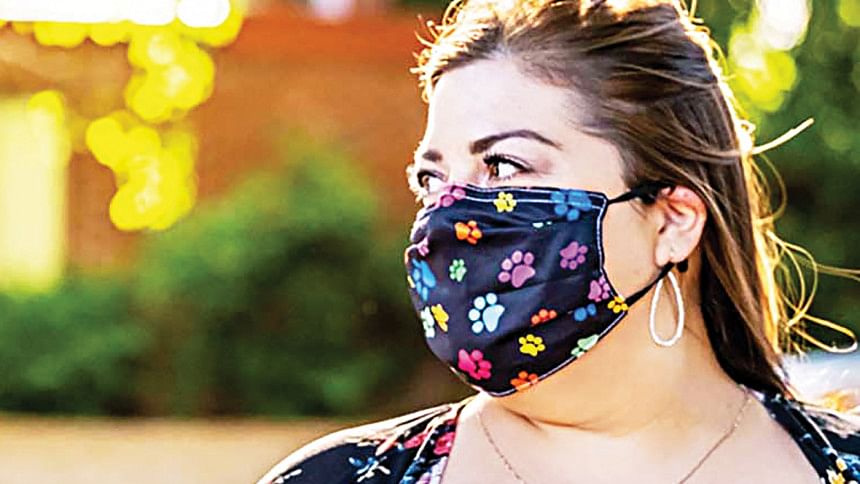Weight matters: obesity and COVID-19

The COVID-19 pandemic is presenting unprecedented challenges around the world. Apart from the health risks of the coronavirus, the food we eat, the way we work and how physically active we are having all been changed and impacted in ways hardly imaginable only a few months ago. As time goes by, we are learning more about COVID-19 and it is now becoming clear that people with non-communicable diseases are more likely to have severe symptoms.
The World Health Organisation (WHO) has characterised both the COVID-19 outbreak and obesity 'epidemic' as international public health emergencies and it may be one of the most important predictors of severe coronavirus illness, new studies say. According to WHO, in 2016, more than 1.9 billion adults were overweight, of whom 650 million were classed as obese.
Researchers know people with obesity have a higher level of inflammation in their bodies, which can impede the body's immune response and make it more difficult to fight coronavirus. When the virus comes and infects, then this inflammation seems to become more pronounced. This can contribute to this very strong immune response that is seen in COVID-19. Serious outcomes for COVID-19 can now be added to the long list of other diseases and complications including cardiovascular disease and asthma that are a consequence of obesity.
Patients with obesity often have respiratory dysfunction, obesity is also associated with an increased risk of diabetes mellitus, cardiovascular and kidney diseases and comorbidities that are considered to result in increased vulnerability to pneumonia-associated organ failures. Measurement of anthropometric characteristics and metabolic parametres is crucial to better estimate the risk of complications in patients with COVID-19.
Scientists have discovered that an enzyme called angiotensin-converting enzyme 2 (ACE2), present in cells, is the main way for the virus to enter the body. Higher levels of this molecule are thought to be found in adipose tissue or fatty tissue, which people who are obese have more of - under the skin and around their organs. Top of everything else, the ability of the body to fight off the virus - known as the immune response - is not as good in people who are obese. That is due to inflammation driven by immune cells called macrophages which invade our fat tissue. They interfere with how our cells respond to infection. According to scientists, this can lead to a 'cytokine storm' - a potentially life-threatening over-reaction of the body's immune system which causes inflammation and serious harm.
Given our health systems are already stretched with obesity-related illnesses, there is no better time than now, to tell the public that the time to change their diet is now. COVID-19 has really put a highlight on this because it is so sudden and unexpected. But it does shine a light on the importance of obesity prevention at a public health level.
No one is arguing that slim and fit people are safe because obesity is not something that can be changed overnight. It is not a time to panic about your weight, but it could be a good time to concentrate on healthier choices.
These restrictions can be challenging and might lead to reduced physical activity and eating for comfort or to ease boredom, potentially resulting in weight gain. The best way is to eat a healthy, balanced diet and exercise regularly. Otherwise, try to eat slowly and avoid situations where you could be tempted to overeat.
A healthy lifestyle will not only lower your risk of disease but also ensure your immune system is working at its best, which is essential now.
The writer is a nutritionist.
E-mail: [email protected]

 For all latest news, follow The Daily Star's Google News channel.
For all latest news, follow The Daily Star's Google News channel. 



Comments